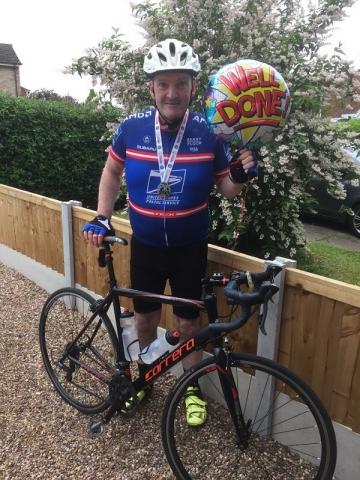What is acute lymphoblastic leukaemia (ALL)?
Acute lymphoblastic leukaemia (ALL) is a type of blood cancer that causes lymphocytes to develop too quickly. Lymphocytes are a type of white blood cell produced in the bone marrow that help your immune system work well.
Your lymphocytecells at their earliest stage are called ‘lymphoblasts’. We call these ‘immature’ cells. It means they haven’t yet developed fully and are in the early stages of growth.
If you have ALL, the lymphoblasts grow too quickly and don’t work properly. These cells fill up your bone marrow, stopping it from producing all the different types of healthy blood cells your body needs.
How many people are diagnosed with ALL?
In the UK, around 800 people are diagnosed with ALL every year.
ALL is the most common type of childhood cancer, which is mostly in children aged 4 or under.
Treatments for ALL
ALL is an ‘acute condition’, which means it develops quickly and needs treatment as soon as possible.
Doctors often refer to ALL as either one of these two types:
- B cell acute lymphoblastic leukaemia
- T cell acute lymphoblastic leukaemia
This relates to the type of affected lymphocyte (B or T). Depending on the type, your doctor will decide on the best treatment.
In some cases, doctors might treat ALL with chemotherapy alone. However, depending on the type of ALL, its response to treatment, and your general health, you might get a stem cell transplant or CAR T-cell therapy.
Are you supporting a child through stem cell transplant?
You can find information and support on our webpage My child is having a transplant.
If you need a stem cell transplant for ALL, this will usually be an allogeneic transplant. This is when someone else donates their stem cells to you. If doctors can’t find a suitable stem cell donor, they might decide to try an autologous transplant rather than palliative care.
How many people have a stem cell transplant to treat ALL?
There were 216 stem cell transplants in the UK to treat ALL in 2023.
Where to find support for ALL
Anthony Nolan supports people with all sorts of conditions that might use stem cells or cell therapies for treatment. But other organisations support people affected by specific blood cancers like ALL.
To find out more about ALL symptoms, diagnosis and treatments, you can visit:
To find advice and support for living with cancer, you can visit:

I’d lost weight without trying and I was sweating excessively during the night. All I wanted to do when I got home from work was sleep. One day at work during a presentation, I passed out and fell to the floor
Scott, who had a stem cell transplant and CAR T-cell therapy to treat his acute lymphoblastic leukaemia (ALL). You can read his story on our blog.
